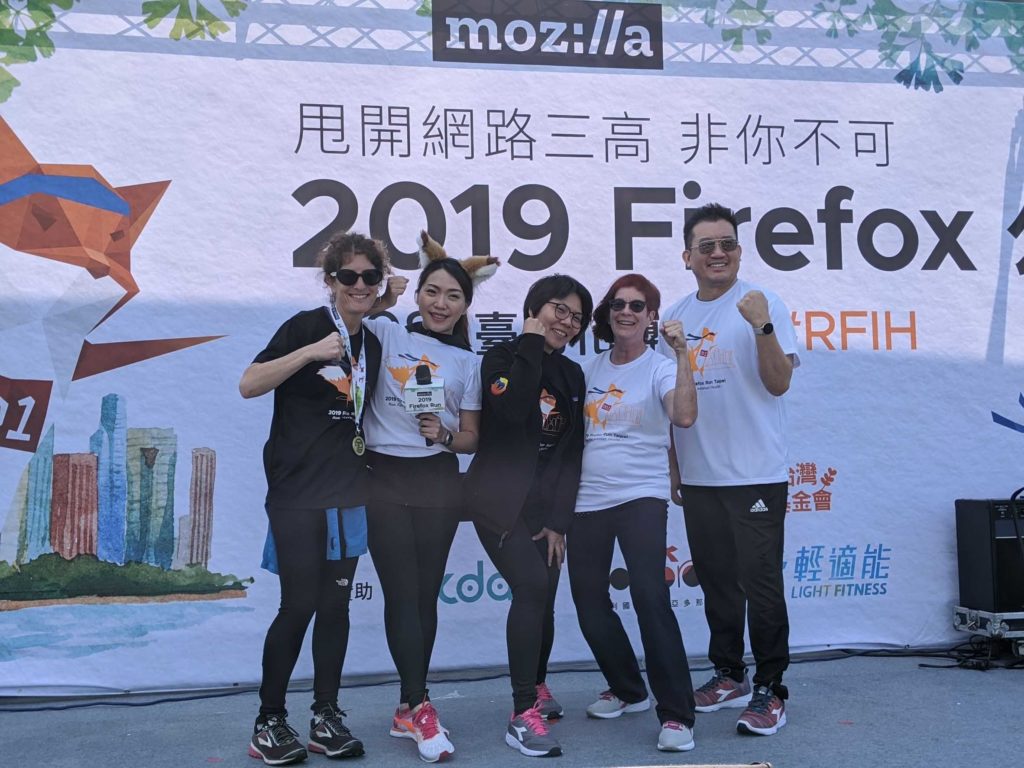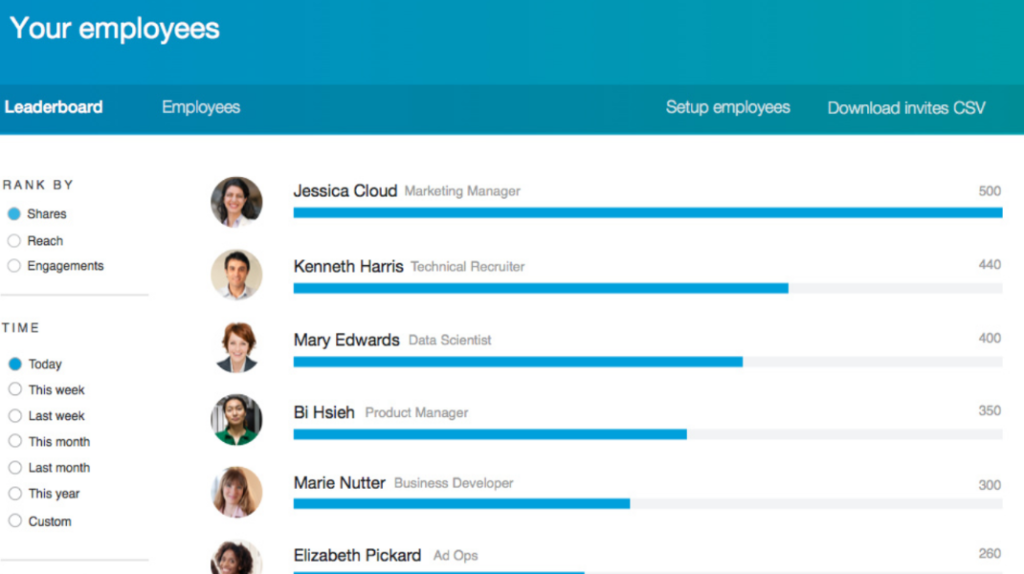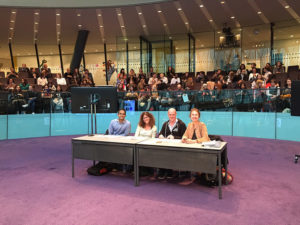My deep curiosity has led to what I like to call an “unlinear” career path. But at last I’ve been able to identify a common thread: helping technical people build cool stuff. And if I’ve learned anything, it’s that innovation isn’t restricted to startups. And, that being a startup hardly guarantees you’ll do something innovative.
Also (per my previous post) I’m the weird outlier that gets a high degree of energy when I get to public speak (see? I even say “get to”). Recently I had the privilege to share about ways I’ve helped technical people thrive.
First was the Lean Startup Conference in SF this October. I had shared Mozilla’s cultural transformation story as part of our submission to Fast Company’s Best Workplaces for Innovators (spoiler: we got it!), and was keen to share this story elsewhere, too. I pulled in my colleague Matt who has led our Culture of Experiments program to tell our story of how we evolved from a culture that avoided data at all costs out of respect for user privacy, to one that embraced data in ways to deliver that privacy more effectively (deck).
Then earlier this month I had the enormous pleasure to spend time with with our team in Taipei to do a bunch of things. Admittedly helping the first-ever Firefox Run for Internet Health was a top-contender for memorable stuff I did (really, it was); but relevant to this post is the fun time I spent with the team at TechStars’ Taipei Startup Week. It was a great excuse to reflect on my own career to convey all the different ways that startups need “other” companies, and vice versa (deck). In short, I didn’t want the audience (entrepreneurs) to sell their value short simply because they are trying to survive (easier said than done).

It was also great to learn from the folks there more about the local markets; in my case, I hung out with the breakout group to get up-to-date on Korea’s startup markets — certainly a revisiting of my roots from my first gig at Asia Pacific Ventures so long ago. Turns out their landscape is now not dissimilar from the U.S. in that a few central entities swallow up most of the smaller companies (in this case, the chaebol). But the funnel to acquisition is financed not by VCs and pension funds as in the States but rather primarily through governmental entities. From what I could glean, this could democratize things a bit more at the earlier phases. But, I’d love to dig in more.

